In short, it could last less than a day, or maybe a month or so. Here are some factors that contribute to the shelf life of a growler fill…
Craft Beer 101: CO2 vs. Nitrogen in Beer
Co2 or Nitro: which would you choose for your next pour of craft beer? Learn the basics of each so you can make an informed decision next time you have the option.
WHAT DOES CO2 DO FOR BEER OTHER THAN FIZZINESS?
CO2 (Carbon Dioxide) is a non-toxic gas that is produced by the yeast during fermentation. It carbonates the beer and makes it fizzy but it also does a few other things:
+ The CO2 reacts in beer to make it more acidic (lowers the pH) and this changes the flavour of the beer. The lower pH makes it a more zippy and less lingering flavour on the palate.
+ The lower pH from the CO2, along with it not being usable for respiration, helps protect beer from bacteria and foreign yeast. This makes it a very clean beverage and helps it last longer on the shelf.
+ The bubbles and foam in beer are because of CO2. The beer itself makes up the liquid bubble wall and the CO2 fills the bubble. Oxygen doesn’t react with the beer the same way so if bubbles are formed that are filled with oxygen they will pop quickly and disappear.
+ CO2 also helps to increase the aroma and flavour of the beer. As CO2 escapes the beer through the bubbles/foam, it takes with it some of the aromas. This helps us smell the amazing aromas in the beer as we drink it and of course most of our taste is based on smell.
WHAT DOES NITROGEN DO FOR BEER COMPARED TO CO2?
Even beer with Nitrogen still has CO2 in it. CO2 is produced by the yeast during fermentation so it is always a part of the beer, but we can also manually add nitrogen later in the process. The nitrogen has a lot of similarities to CO2 in that it forms bubbles and it increases the aroma and flavour. It has some very important differences, though:
+ Nitrogen does not react with beer like CO2 to lower the pH so the beer tastes less acidic than with CO2 and therefore tastes thicker, more full and a little more lingering on the palate.
+ Nitrogen does not want to dissolve into beer as easily as CO2 does and once it is in there it doesn’t want to come back out, and so it reacts differently with the beer and forms much smaller bubbles. This gives the beer a much thicker foam that lasts longer. This is also why nitrogen beers are poured with a special beer font and why special cans and bottles are made for nitrogen beers. These devices force the Nitrogen to come back out of the beer and create the bubbles/foam and help lift the aroma and flavour.
So, there you have it! Which do you think you'll choose next time you have the option - CO2, or Nitro?




